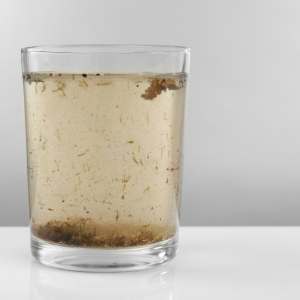Why Filtered Water Matters Most During Tampa’s Hottest Months
Florida summers aren’t just hot—they’re intense. With temperatures often soaring above 90°F and humidity levels pushing extremes, staying hydrated becomes a critical part of staying healthy. But it’s not just about drinking water—it’s about drinking clean, safe, filtered water.
Let’s dive into why filtered water is essential for your health in the summer—and how Tampa homeowners can stay protected.
Dehydration Risks Are Higher in Summer
When it’s hot, your body loses more fluids through sweat. If you’re not replenishing that water with something clean and free of impurities, you’re doing your body a disservice. According to the CDC, even mild dehydration can lead to fatigue, headaches, and reduced cognitive performance. Add Florida’s heat, and those risks climb quickly.
But here’s the catch: not all tap water is equal.
What’s in your Water?
Tampa’s water comes primarily from the Hillsborough River, treated and distributed through the city. While it’s “safe to drink” by EPA standards, it may still contain:
- Chlorine and Disinfection Byproducts which can affect taste, odor and long-term health.
- Microplastic from aging infrastructures
- Hard Water Minerals like calcium and magnesium, which affect hydration and skin
- Seasonal Contaminants like algae-related compounds, which spike in summer
Filtered water removes or reduces these, making each glass safer- and healthier.


Dallas’ Fair Park Installs ActivePure Technology For Added Protection
ActivePureActivePure Technologies Appoints New Chief Commercial Officer
ActivePureActive Pure Technology Will Give You Peace Of Mind During COVID-19
ActivePure